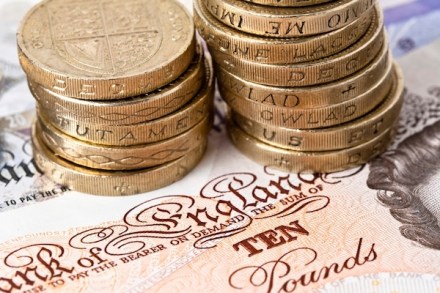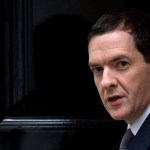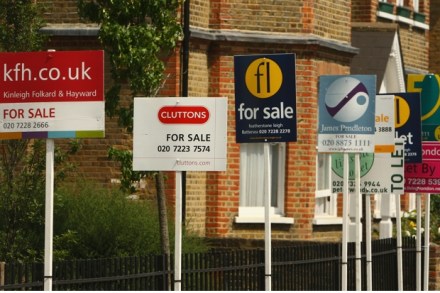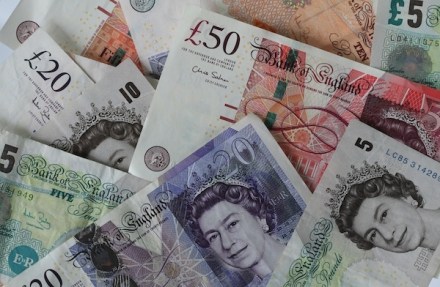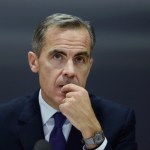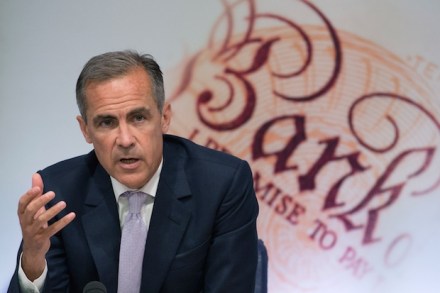Inflation, self-employed, online fraud and housing
The annual rate of inflation as measured by the Consumer Price Index rose to 1 per cent in September, according to the latest figures from the Office for National Statistics. That’s up from 0.6 per cent in the year to August. CPI tracks the cost of 700 household goods and services. Investment manager Thomas Laskey from Aberdeen Asset Management said: ‘The worrying factor is that today’s figure represents only a tiny part of sterling’s steep drop, and no effect from the second big tumble earlier this month. Such a large fall in the currency will bring with it higher import costs and we’re likely to see much higher inflation in the months
